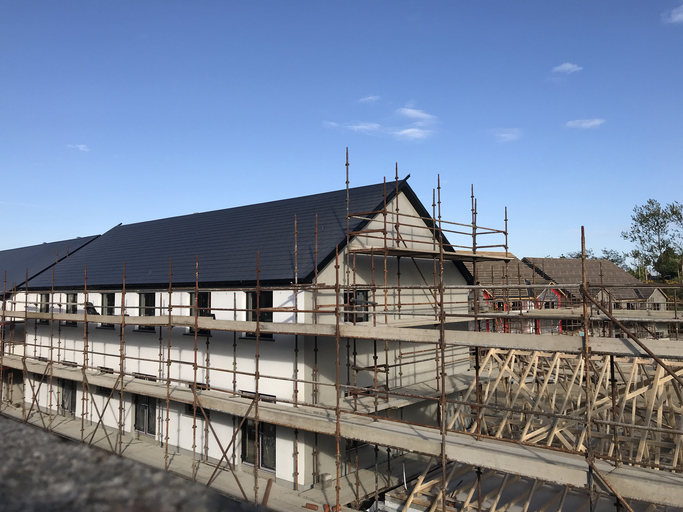Ipsos B&A conducted research on behalf of Dublin Rape Crisis Centre (DRCC) to assess public perceptions and experiences. We recently presented the findings to the nurses and medical teams working across all of the various Sexual Assault Treatment Units (SATU) nationwide. Funded by Community Foundation Ireland, this survey was conducted online between 6th-17th February 2025, achieving a nationally representative sample of 1,042 adults aged 16 and over.
Key Findings:
- High levels of Prevalence and Concern: The study revealed that 28% of Irish adults have encountered some form of sexual violence, with the percentage up to 37% among women. 5% have had personal experienced Rape, up to 7% among women and 3% among men. Notably, nearly two in five assessed their level of concern about rape or sexual violence as extremely/very high.
- Safety and Perceptions: Many women in Ireland do not feel safe, with less than half expressing a feeling of safety (47%) compared to 85% of men. However, attitudes show the importance of recognizing the issue of male rape and sexual violence, with 87% agreeing that assumptions about masculinity can discourage male survivors from reporting rape or abuse.
- Misconceptions and Myths: While there is a growing rejection of traditional ‘rape myths,’ some adults still uphold harmful beliefs, such as questioning the veracity of survivors’ claims and misattributing blame to victims, particularly those under the influence of substances.
- Barriers to Action: The fear of disbelief and societal stigma significantly hampers the pursuit of support, with 81% of participants identifying these as major barriers to disclosing incidents. Notably, 71% of rape victims had not reported their assaults to the authorities, 70% didn’t seek medical treatment and 59% didn’t seek counselling/support.
A significant divergence is observed in attitudes toward sexual violence between younger men and women, more pronounced than among older age group. Young men, particularly those under 25, were more likely to hold victim-blaming attitudes and be skeptical of the realities of sexual violence, while conversely women over 35 expressed more concern and awareness of the issue.
The report’s findings highlight the need for robust public awareness initiatives and educational programs emphasizing consent. Strengthening trust in support services and harnessing the positive influence of media could play pivotal roles in reshaping public attitudes and encouraging reporting.
Briefing note: Unveiling Public Perceptions on Sexual Violence | Dublin Rape Crisis Centre
For more information, get in touch with Sarah Chapman (Associate Director): sarah.chapman@ipsos.com or Larry Ryan (Director): larry.ryan@ipsos.com








